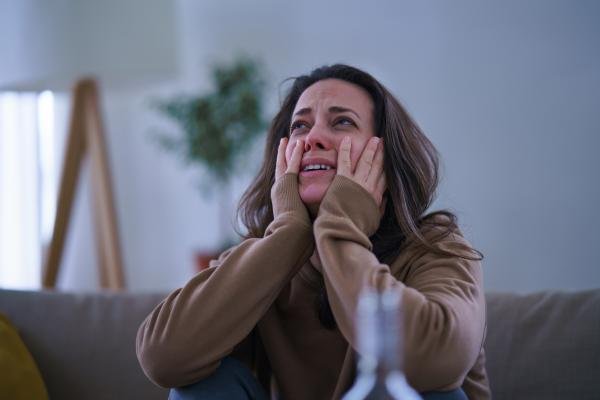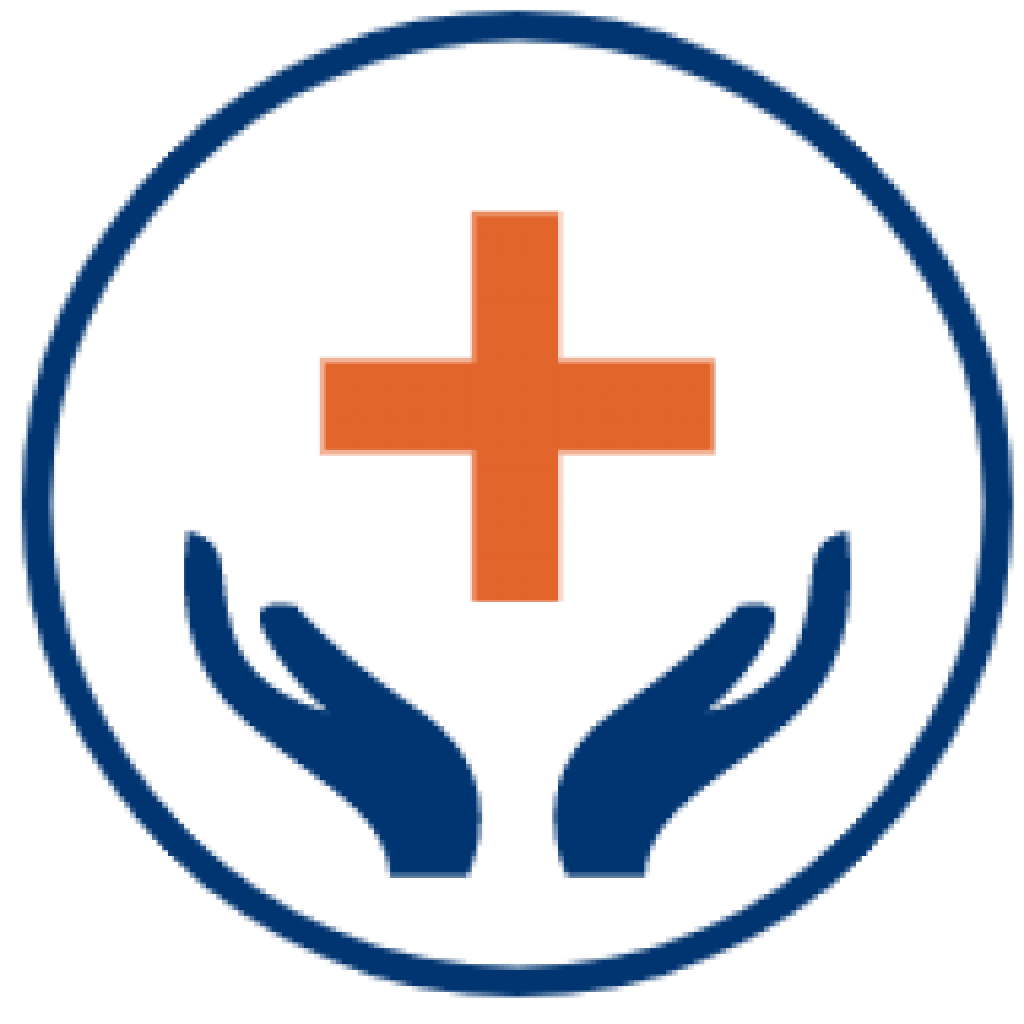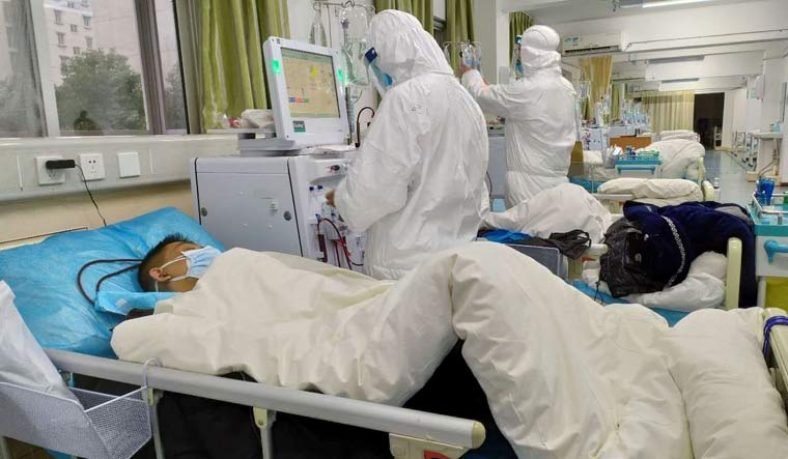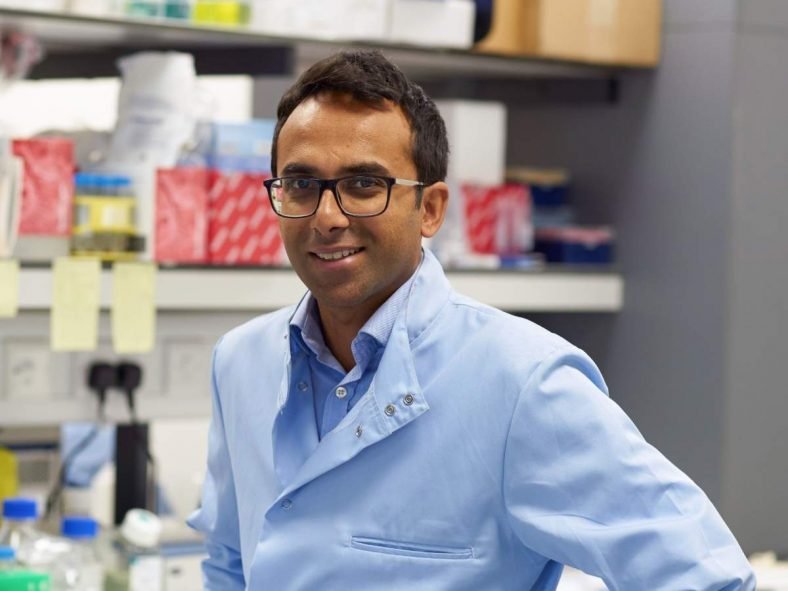
NAGPUR: Many moderate to severe Covid recovered patients are now returning with complaints of severe pain in chest, stomach and limbs, mainly due to blood clotting or thrombosis. Doctors said although the incidence is very rare among home isolated cases, some young patients — who were mild cases — too are reporting thrombosis in different parts of the body.
Consultant interventional cardiologist Dr Shoeb Nadeem said last week he treated a rare case of renal clotting in a Covid recovered 41-year-old man.
“These rare patients are otherwise healthy and don’t have any comorbidity. The incidence is more in diabetic and cardiac patients. Usually, such cases surface either during hospitalization or within one month of discharge,” Dr Nadeem said.
Pulmonologist Dr Ravindra Sarnaik said it depends on evaluation and mostly there is possibility of other reasons, such as inflammatory markers and patches showing up in later phase of infection. “80% Covid patients recover at home. If any of them deteriorate due to dynamics of the novel coronavirus and their SPO2 goes down or D-Dimer increases, they turn mild to moderate. In post-Covid, moderate to severe category patients are at greater risk of thrombosis because they needed more oxygen and received more medicines,” he said.
Dr Sarnaik added that such patients have to remain alert for 28 days after discharge.
Cardiologist Dr Jaspal Arneja said they have been seeing a lot of patients with clotting issues. “We have patients with acute blockage of arteries in the lungs, abdomen as well as cases of heart attacks in post-Covid. So it is important Covid patients who were hospitalized and had lung involvement to be on anticoagulants to prevent vascular complications,” he said.
However, cardio-surgeon Dr Prashant Jagtap said they had been getting patients with chest pain because of sheer anxiety while their ECG is normal. “Unlike previous summers, we find fewer cases of heart attacks. There were some deaths due to cardiac complications in few Covid patients, but they were mainly elderly.”
Chest physicians said they are now prescribing low dose blood thinner ecospirin to even home isolated patients for a minimum two weeks.
Dr Syed Tarique, a chest physician, said patients need to seek the opinion of cardiologists as it is more important. “In first wave, we saw some patients who had cardio issues despite their CT scan being normal,” he said.
Chest physician Dr Vikrant Deshmukh said even among young patients, if the D-Dimer score is higher, anticoagulants or blood thinners are prescribed. “It depends on case to case basis. The incidence is same as it was during first wave,” he said.
Urologist Dr Sadashiv Bhole said, “We would need some time to pool data from different centres before we can confidently say if it is really a post-Covid complication or just normal statistical change. At our hospital, we give anti-coagulants and anti-platetets to prevent thrombotic complications,” he said.
Neurologist Dr Chandrashekhar Meshram said as the number of Covid patients was more in second wave, thrombosis cases too have increased. “But stroke is not fatal,” he said.








